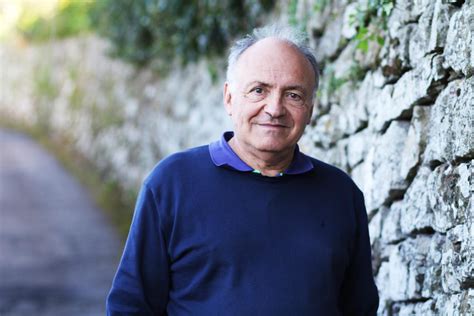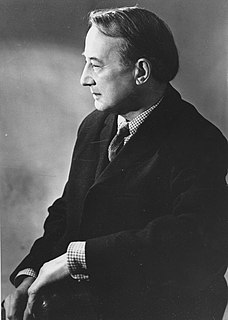A Quote by Piero Ferrucci
The word humility (also human) is derived from the Latin humus, meaning the soil. Perhaps this is not simply because it entails stooping and returning to earthly origins, but also because, as we are rooted in this earth of everyday life, we find in it all the vitality and fertility unnoticed by people who merely tramp on across the surface, drawn by distant landscapes.
Related Quotes
The Latin words humus, soil/earth, and homo, human being, have a common derivation, from which we also get our word 'humble.' This is the Genesis origin of who we are: dust - dust that the Lord God used to make us a human being. If we cultivate a lively sense of our origin and nurture a sense of continuity with it, who knows, we may also acquire humility.
There rise authors now and then, who seem proof against the mutability of language, because they have rooted themselves in the unchanging principles of human nature. They are like gigantic trees that we sometimes see on the banks of a stream; which, by their vast and deep roots, penetrating through the mere surface, and laying hold on the very foundations of the earth, preserve the soil around them from being swept away by the ever-flowing current, and hold up many a neighboring plant, and perhaps worthless weed, to perpetuity.
The uniting of Orthodoxy with state absolutism came about on the soil of a non-belief in the Divineness of the earth, in the earthly future of mankind; Orthodoxy gave away the earth into the hands of the state because of its own non-belief in man and mankind, because of its nihilistic attitude towards the world. Orthodoxy does not believe in the religious ordering of human life upon the earth, and it compensates for its own hopeless pessimism by a call for the forceful ordering of it by state authority.
A route differs from a road not only because it is solely intended for vehicles, but also because it is merely a line that connects one point with another. A route has no meaning in itself; its meaning derives entirely from the two points that it connects. A road is a tribute to space. Every stretch of road has meaning in itself and invites us to stop. A route is the triumphant devaluation of space, which thanks to it has been reduced to a mere obstacle to human movement and a waste of time.
I love, cherish, and respect women in my mind, in my heart, and in my soul. This love of women is the soil in which my life is rooted. It is the soil of our common life together. My life grows out of this soil. In any other soil, I would die. In whatever ways I am strong, I am strong because of the power and passion of this nurturant love.
Remain faithful to the earth, my brothers, with the power of your virtue. Let your gift-giving love and your knowledge serve the meaning of the earth. Thus I beg and beseech you. Do not let them fly away from earthly things and beat with their wings against eternal walls. Alas, there has always been so much virtue that has flown away. Lead back to the earth the virtue that flew away, as I do—back to the body, back to life, that it may give the earth a meaning, a human meaning.
I do not know why I care," Drizzt answered honestly. His eyes turned back to his ancient homeland, where loyalty was merely a device to gain an advantage over a common foe. "Perhaps I care because I strive to be different from my people," he said, as much to himself as to Bruenor. "Perhaps I care because I am different from my people. I may be more akin to race of the surface...that is my hope at least. I care because I have to care about something.





































